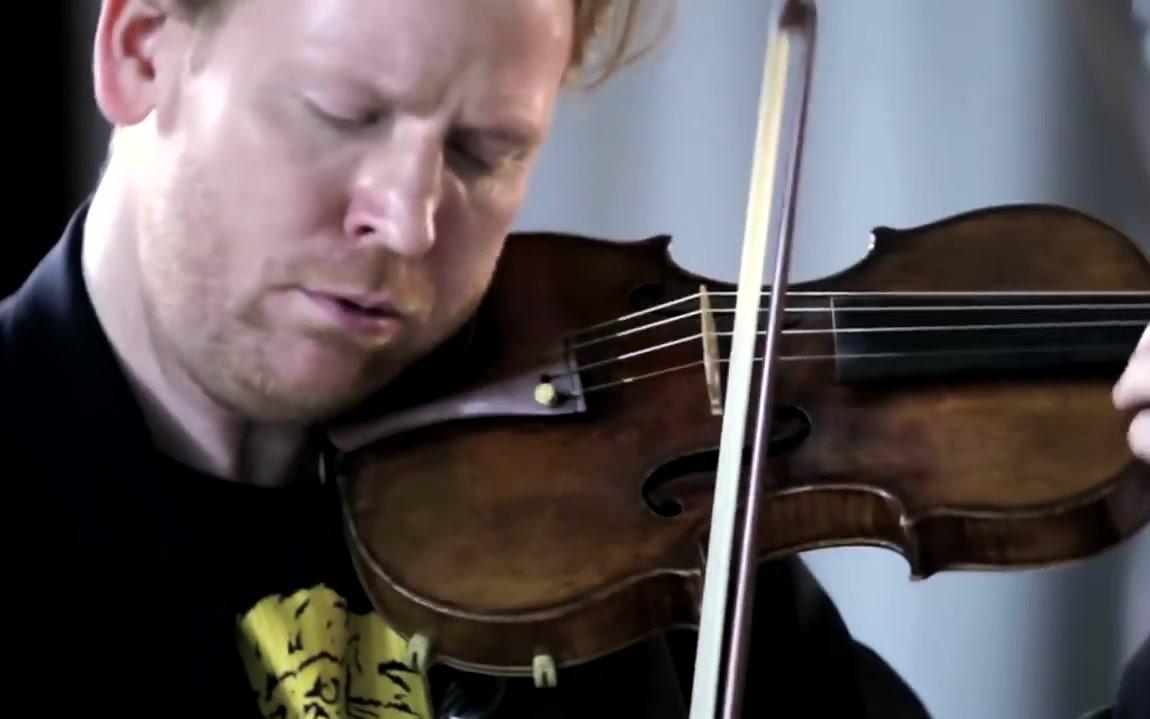



Long ago he loved it the piece but like some of us, he grew tired of the overplayed warhorse, which can be found in no fewer than 250 recordings on sites like ArchivMusic. So what’s next Mr.Can't take another moment of Vivaldi's ubiquitous Four Seasons? Neither could Max Richter, a London-based composer who deftly blurs the lines between the classical and electronic worlds. As a musical experience, however well played by violinist Daniel Hope and the larger ensemble, this is a nullity. That is what got Richter his interview on NPR-his conceptual daring, and not the actual sound of the music.Īt best, then, what we have here is a lesson in clever promotion and public relations, and little more. There’s a certain hubris in hitching your name to Vivaldi’s single most popular work. The element of opportunism in all of this thus becomes relevant also.

Richter brings virtually nothing to the party, unless turning Vivaldi into a sort of annoying elevator music appeals to your sensibilities. As the above brief description suggests, it does not. No, the main issue here is whether or not Richter’s originality of treatment offers a fresh take on his borrowed material. I will say, however, that about 15 years ago DG tried a similar stunt with a compositional non-happening named Todd Levin. It is a cheap shot to say that Max Richter is no Vivaldi (never mind Stravinsky or Respighi). Each needs to be judged on its own merits.
#Max richter vivaldi full#
Musical culture is full of such things, from Mozart’s updated Handel arrangements, through Respighi, Stravinsky, Berio, and Olav Anton Thommessen’s brilliantly demented Macrofantasy on Grieg’s Piano Concerto. Let me make one thing clear: I have no problem with transcriptions, or with one composer’s take on another, or even a Dadaist painting of moustaches on musical Mona Lisas. None of this would matter if something equally interesting replaced the original concept, but nothing does. Is the finale of “Autumn” a rustic dance? Does the music in the central movement of “Winter” skate gracefully over the ice? I don’t think so. In all cases Vivaldi’s carefully designed forms and schemes of color and contrast, as well as his programmatic intentions, are pretty much destroyed. In the slow movements he may preserve the melody but randomly alter the original accompaniment and harmonic framework. What Richter has done in some of these twelve movements is to take a bit of the original-the solo violin birdsong in the first movement of “Spring” for example-and repeat it mindlessly over a pop-ish chord progression. Now let’s face it, Vivaldi is not the most intellectual of composers to begin with, so it’s fair to ask if there is anything to be gained by dumbing down the music to the degree that happens here. Obviously the intent, using one of classical music’s most iconic label marquees, is to endow decomposer Max Richter with a commercial pedigree similar to that enjoyed musically by the object of his current affections (affectations?), Vivaldi’s The Four Seasons. This is the most classic-looking DG release in many a year, which should immediately raise suspicions.


 0 kommentar(er)
0 kommentar(er)
